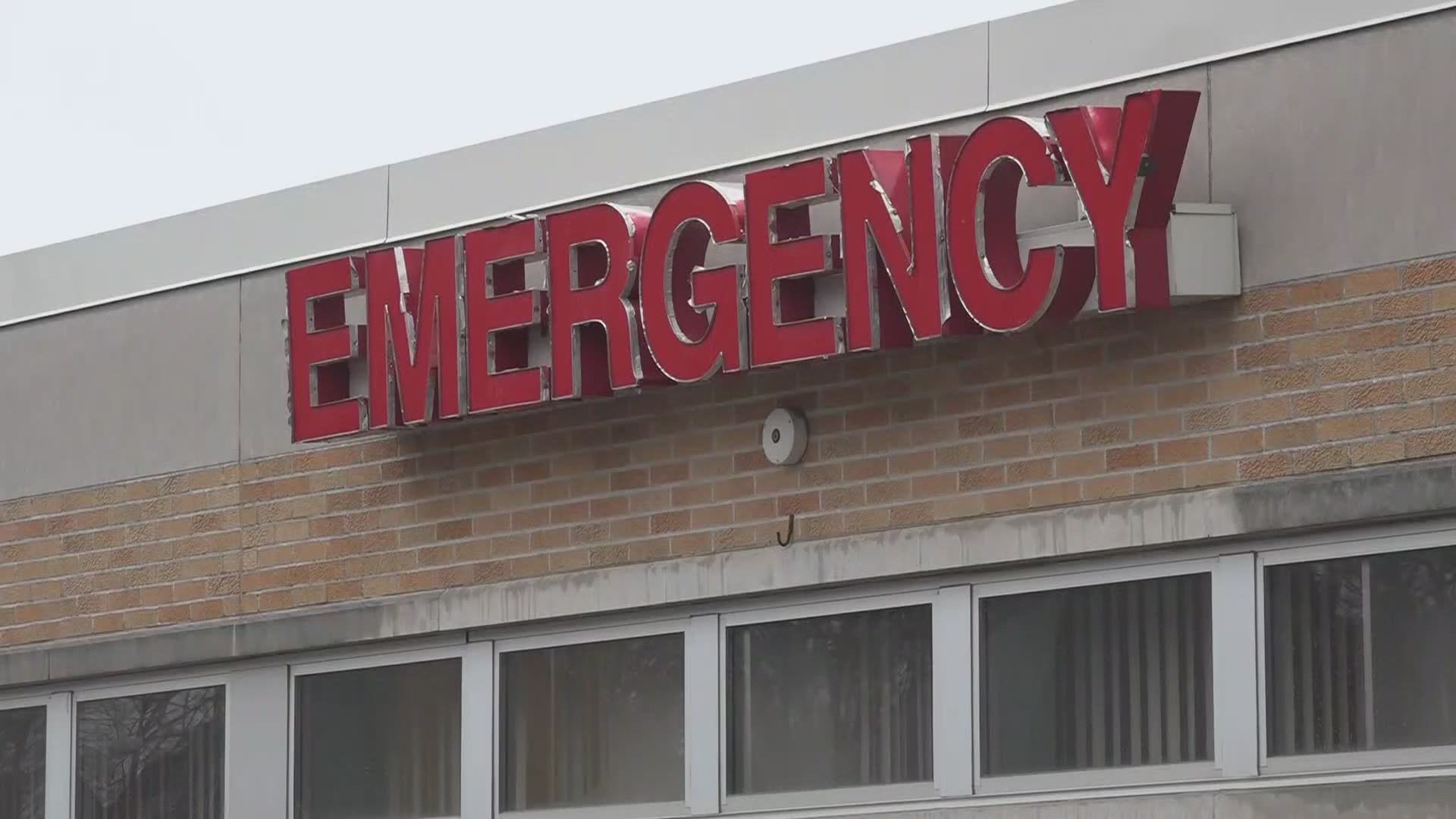MAINE, USA — A new report from the U.S. Centers for Disease Control found that the pandemic has had a much deeper impact on young people than expected, citing emergency department visits involving young people attempting suicide are on the rise. It's happening across the nation, and experts told NEWS CENTER Maine it's happening here, too.
"Kids are having a harder and harder time," Michael Mitchell, CEO of Crisis & Counseling Centers said.
The pandemic has been tough on kids not being able to go to school, see their friends in person, or participate in extracurricular activities.
Experts say these are just some of the factors contributing to more emergency department visits.
"The trends for youth mental health before COVID weren't great. We've actually been seeing sort of a little bit of worsening in young people's mental well-being for quite a number of years," Sheila Nelson, program manager for adolescence health and injury and suicide prevention program at Maine CDC.
According to the U.S. CDC, emergency department visits involving suspected suicide attempts were up 50.6 percent among girls ages 12-17 years old during the pandemic. Among boys that same age, those visits were up just 3.7 percent.
"Girls tend to gesture or tend to attempt or make suicidal statements whereas boys tend to die more by suicide, almost twice as much," Mitchell said.
About six months ago, we introduced you to the Smith family. Sixteen-year-old Spencer Smith died by suicide, writing a note to his parents that he felt isolated.
His dad, Jay Smith, was an advocate to allow kids to be together.
"They need face-to-face contact so they can let their emotions out," Jay told NEWS CENTER Maine in December 2020.
While the world continues to inch back to "normalcy," mental health experts say just because the world starts to look normal, doesn't mean kids will magically be okay.
"Adults need to be checking in with the young people in their lives and really keeping an eye on them," Nelson said.
Nelson added that it's okay to ask the tough questions, and asking a teenager if they are thinking about suicide won't increase the likelihood of them attempting. Instead, it might help.
If you or anyone you know is struggling with suicidal thoughts -- you can connect with one of the state's crisis centers by calling 1-888-568-1112.
RELATED: Let's talk about it

